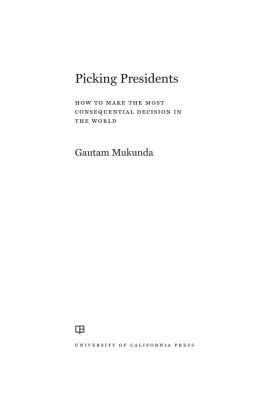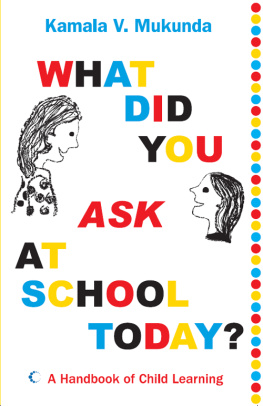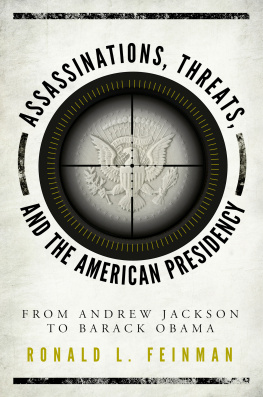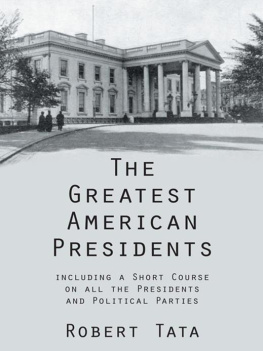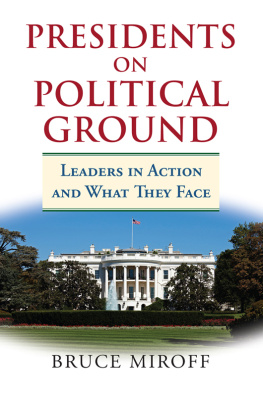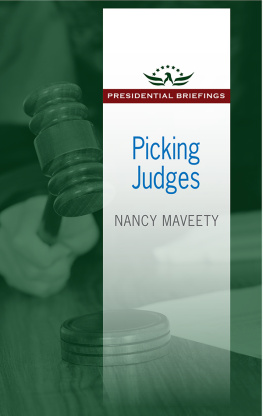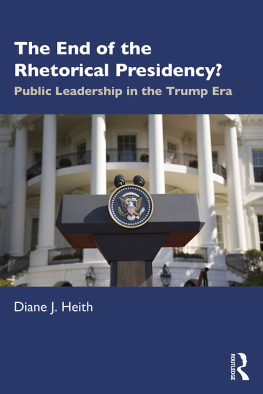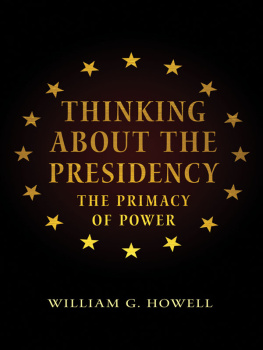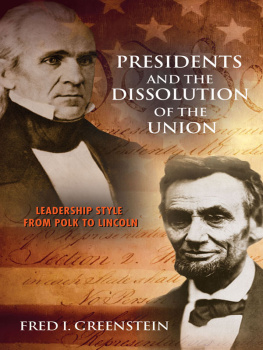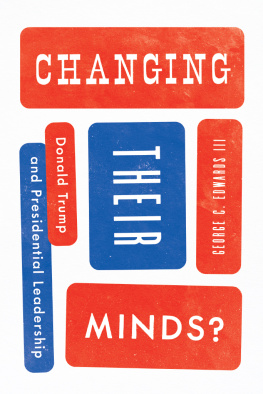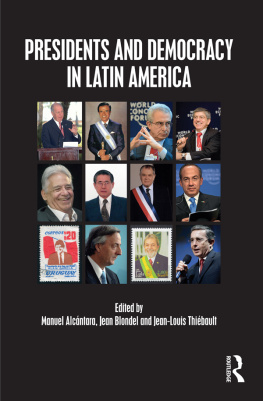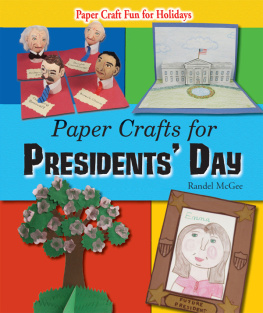Gautam Mukunda - Picking Presidents: How to Make the Most Consequential Decision in the World
Here you can read online Gautam Mukunda - Picking Presidents: How to Make the Most Consequential Decision in the World full text of the book (entire story) in english for free. Download pdf and epub, get meaning, cover and reviews about this ebook. year: 2022, publisher: University of California Press, genre: Politics. Description of the work, (preface) as well as reviews are available. Best literature library LitArk.com created for fans of good reading and offers a wide selection of genres:
Romance novel
Science fiction
Adventure
Detective
Science
History
Home and family
Prose
Art
Politics
Computer
Non-fiction
Religion
Business
Children
Humor
Choose a favorite category and find really read worthwhile books. Enjoy immersion in the world of imagination, feel the emotions of the characters or learn something new for yourself, make an fascinating discovery.
- Book:Picking Presidents: How to Make the Most Consequential Decision in the World
- Author:
- Publisher:University of California Press
- Genre:
- Year:2022
- Rating:4 / 5
- Favourites:Add to favourites
- Your mark:
Picking Presidents: How to Make the Most Consequential Decision in the World: summary, description and annotation
We offer to read an annotation, description, summary or preface (depends on what the author of the book "Picking Presidents: How to Make the Most Consequential Decision in the World" wrote himself). If you haven't found the necessary information about the book — write in the comments, we will try to find it.
In Picking Presidents, Gautam Mukunda sets his sights on presidential candidates, proposing an objective and tested method to assess whether they will succeed or fail if they win the White House. Combining political science, psychology, organizational behavior, and economics, Picking Presidents will enable every American to cast an informed vote.
In his 2012 book Indispensable, which all but predicted the Trump presidency, Mukunda explained how both the very best and very worst leaders are unfilteredoutsiders who take power without the understanding or support of traditional elites. Picking Presidents provides deep analysis of filtered and unfiltered presidents alike, from failed haberdasher and skillful president Harry Truman, to the exceptionally well-qualifiedand ultimately reviledJames Buchanan; from Andrew Johnson, who set civil rights back by a century, to Theodore Roosevelt, who evaded party opposition to transform American society. Picking Presidents lays out a clear framework that anyone can use to judge a candidate and answer the all-important question: are they up to the job?
Gautam Mukunda: author's other books
Who wrote Picking Presidents: How to Make the Most Consequential Decision in the World? Find out the surname, the name of the author of the book and a list of all author's works by series.

